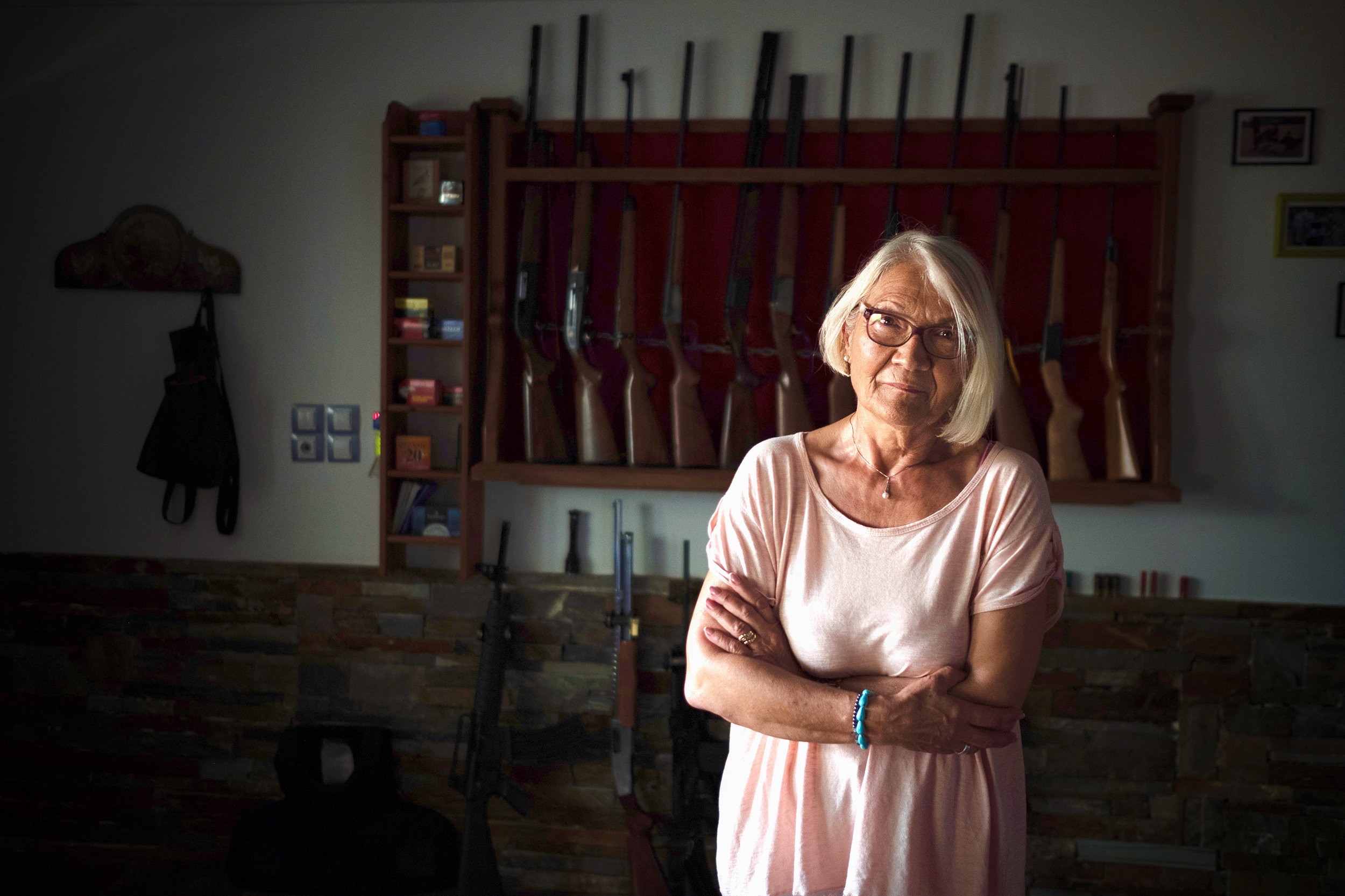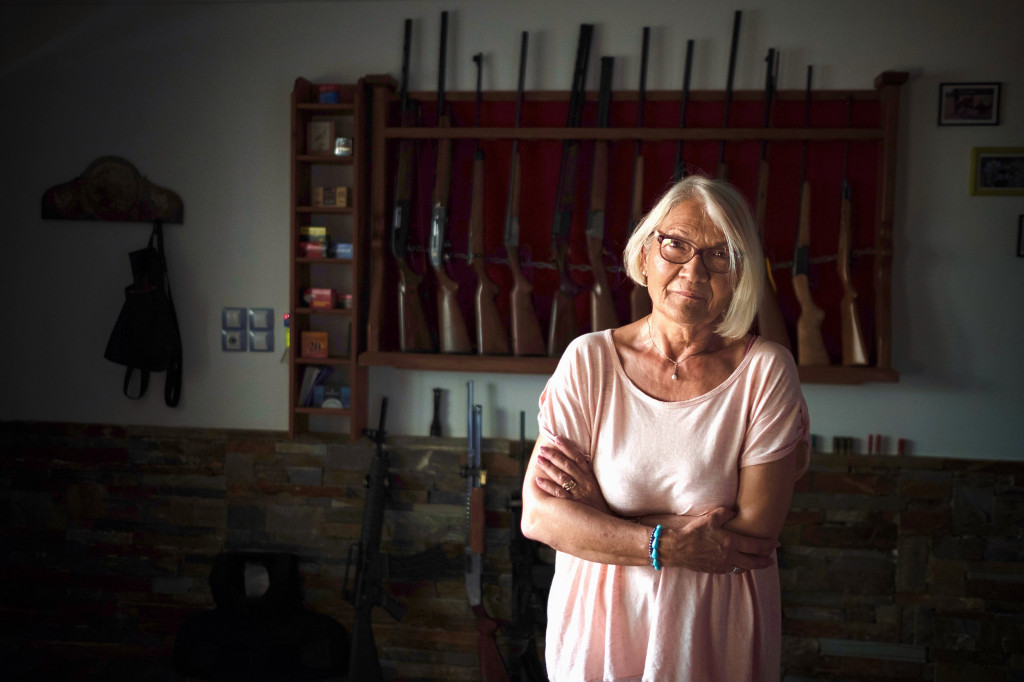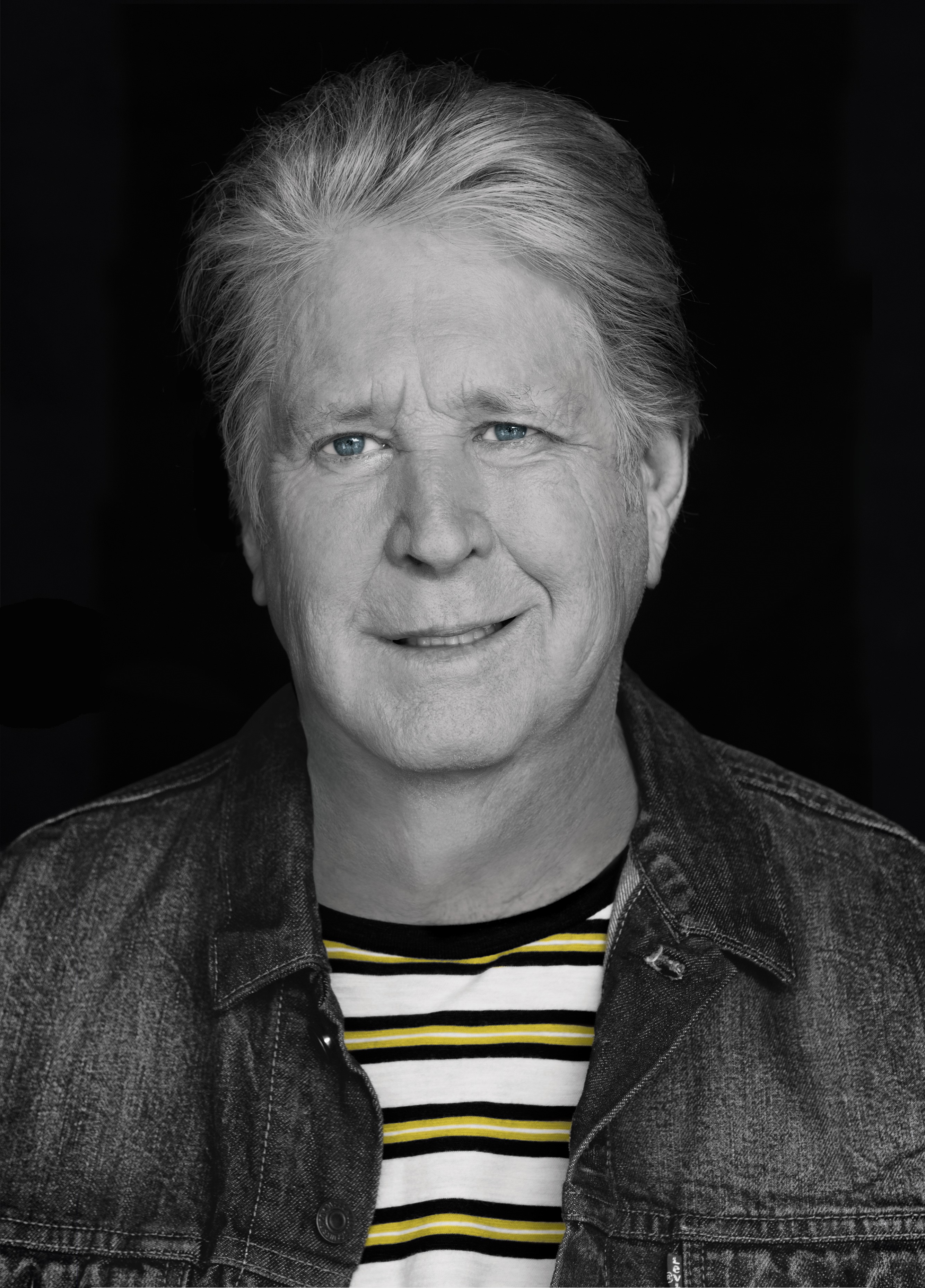Ourania Michaloliakou, a dumpy Greek twenty-something, loves Disney movies. She has a bookcase full of them. She loves board games with her friends and cute cats and doggies, using her position on the Athens city council to support stray animal causes. She also wants to liquidate her political rivals.
Ourania is the daughter and only child of Nikolaos Michaloliakos, founder and leader of the far-right, ultra-nationalist political party Golden Dawn, a previously obscure movement rocketed into national prominence in the fallout of the financial and European refugee crises.
In the chilling but limited Golden Dawn Girls, Norwegian director Håvard Bustnes probes Ourania and other prominently placed women in the party, the wives, daughters or mothers forced to step up when Golden Dawn is deemed a “criminal organisation” by the state and its MPs are taken into custody ahead of a trial. While Nikolaos and various deputies (all men) are imprisoned, Ourania and others steady the ship in their absence, and Bustnes tries to probe beneath surface loyalties, to uncover some emotional or family rationale behind their extreme worldview. He is not very successful.
Bustnes interviews the women, awkward and evasive, feeding them enough rope to hang themselves, but they are seasoned enough media sluggers to not give much away, visibly irritated by the constant comparison to Hitler (they can’t be Nazis because they’re in Greece, not Germany, which is technically true but besides the point; many questions are answered this way). At times you wish for the sly, subversive interviewing style of Louis Theroux, able to pry under extreme personalities in ways the earnest Bustnes struggles to, but there are touches of Theroux in moments of unintentional dark comedy.
Their worldview and rhetoric is typical of the fascist — steeped in the language of blood and soil and ethnic difference, ancient military glory, paranoid victim fantasies in which they are right and everyone else are crooks and liars, puppets of some unseen, universal conspiracy (it’s the Jews. It’s always the Jews). They’re violent maniacs — a party supporter murders anti-fascist rapper Pavlos Fyssas, prompting the official crackdown and trial — but they are violent maniacs who leap to third place in the 2015 election. It’s a kind of political horror story, played out in TV news footage, talking head outrageousness and cultish torch formations on Greek pavement.
Bustnes’ narration sometimes strays into faux-naivety. After the crackdown he wonders if the women will see the light, but obviously the intrusion of authorities intensifies their already-strong victim complexes. The director seems a little surprised by their unreasonableness, but it’s the least surprising thing in the world.
Ourania is the focus of the film, and Bustnes is never really able to unpack her. She remains evasive, brushing off topics like the Holocaust with a smile and a shrug, a lesson in the banality of evil. The tight black shirts and shaved heads of Golden Dawn muscle is familiar enough, but fascists don’t always look like that. Sometimes they look like her. At a party meeting, a room full of ordinary looking Greeks stand up, put their hands on their chest and belt out the party anthem. Old men and little girls sing along.
There’s little comfort to be drawn from Golden Dawn Girls, only warnings about about the nightmares produced by a malfunctioning European Dream.
Golden Dawn Girls does not have an Irish/UK release date yet.






